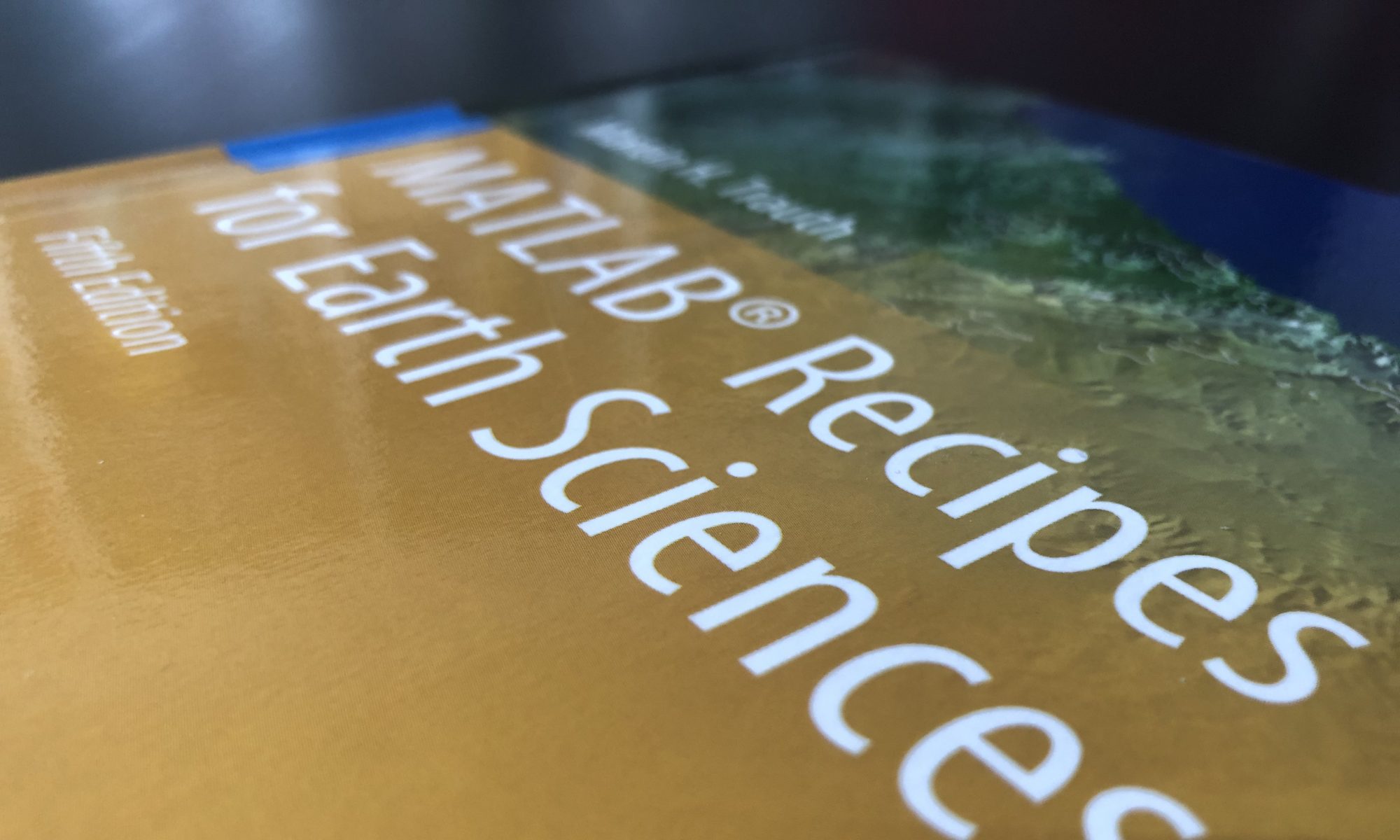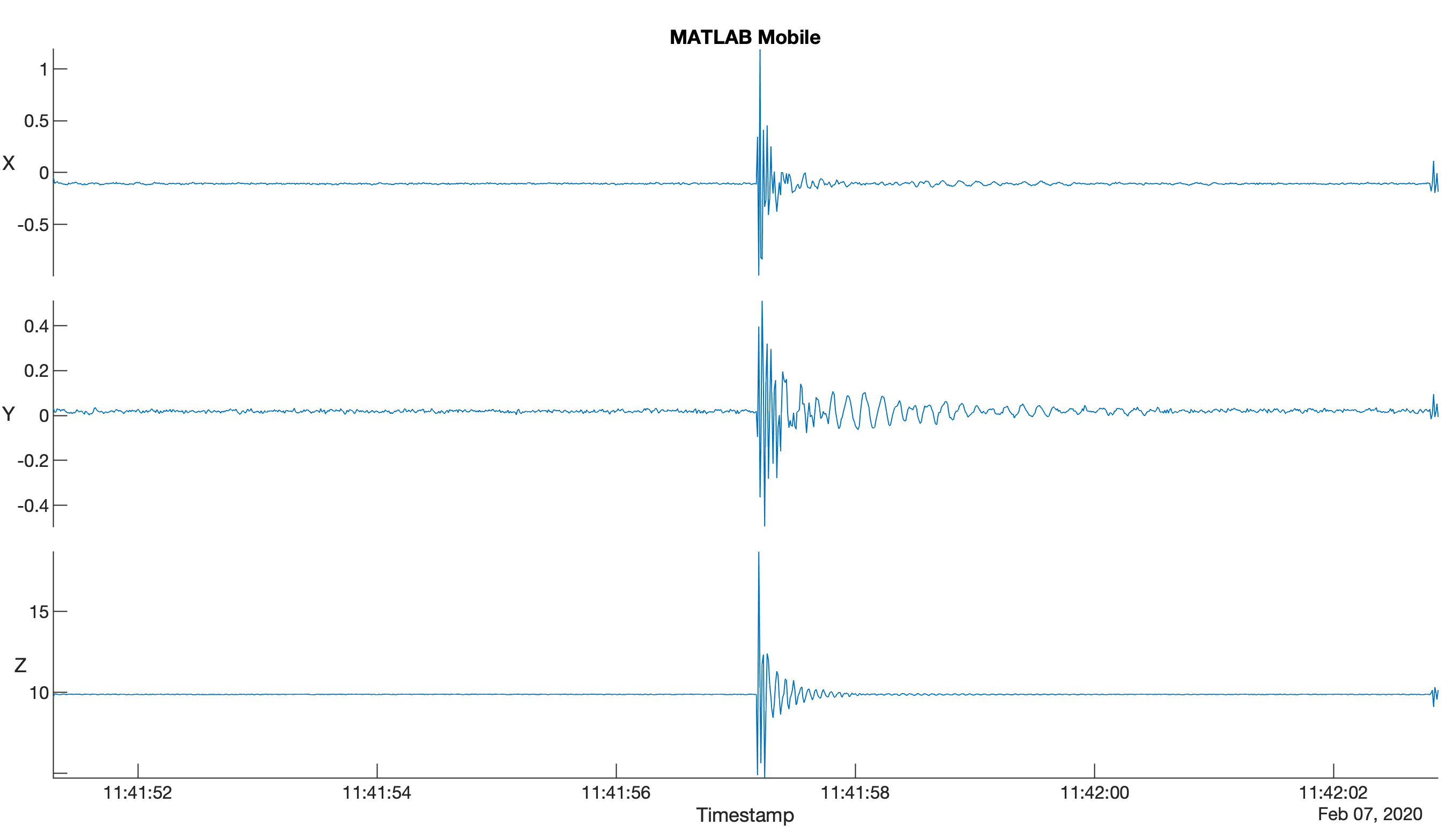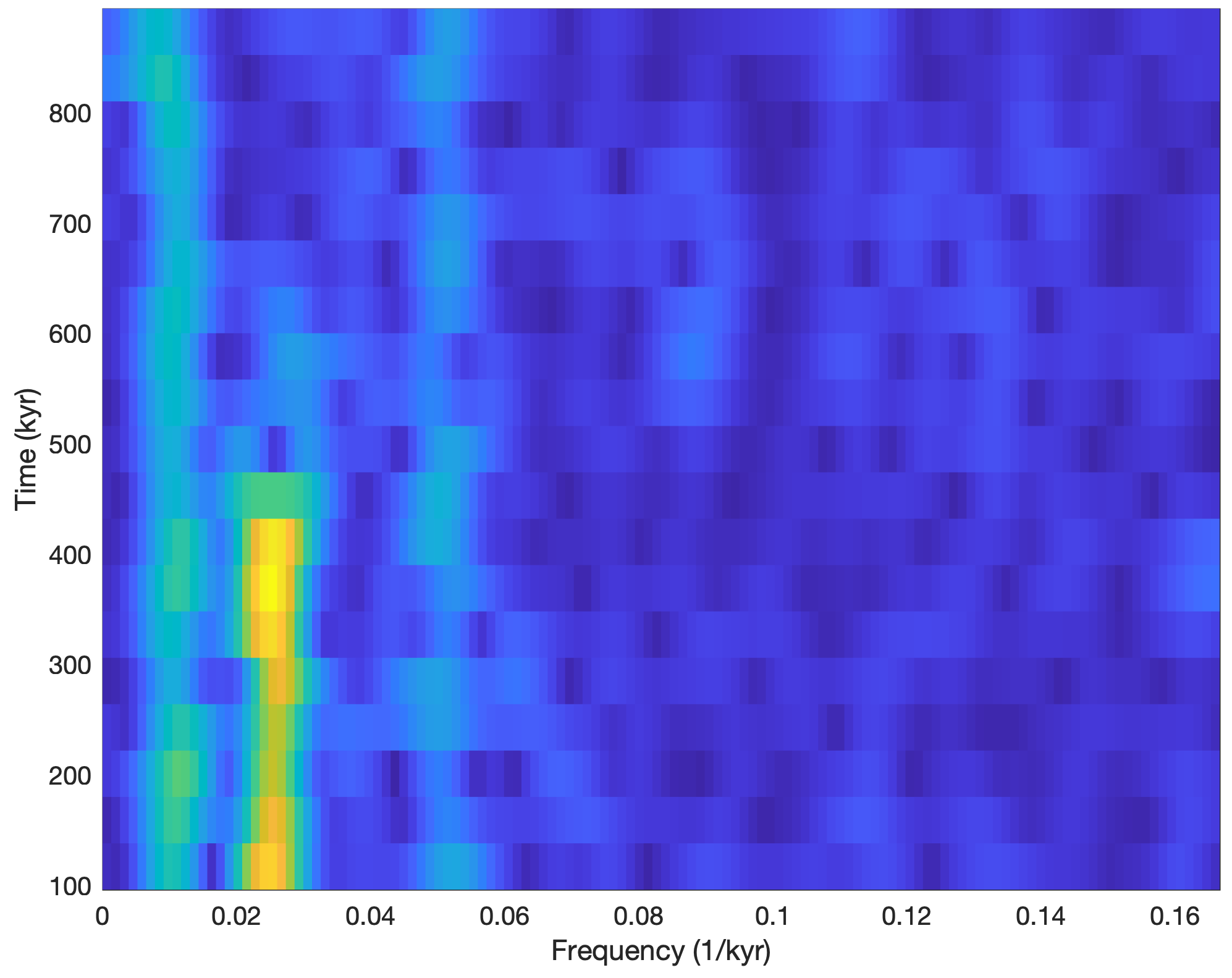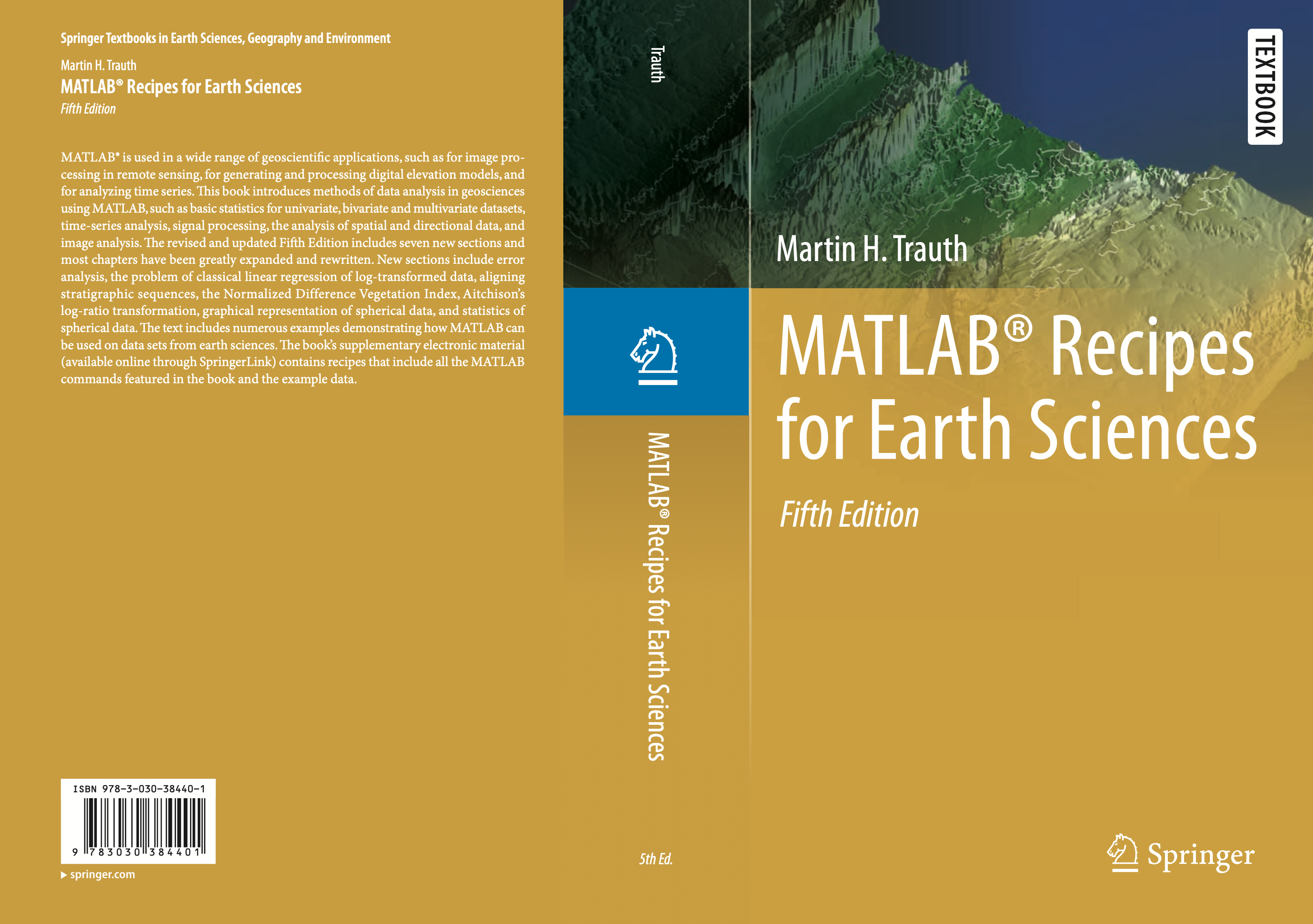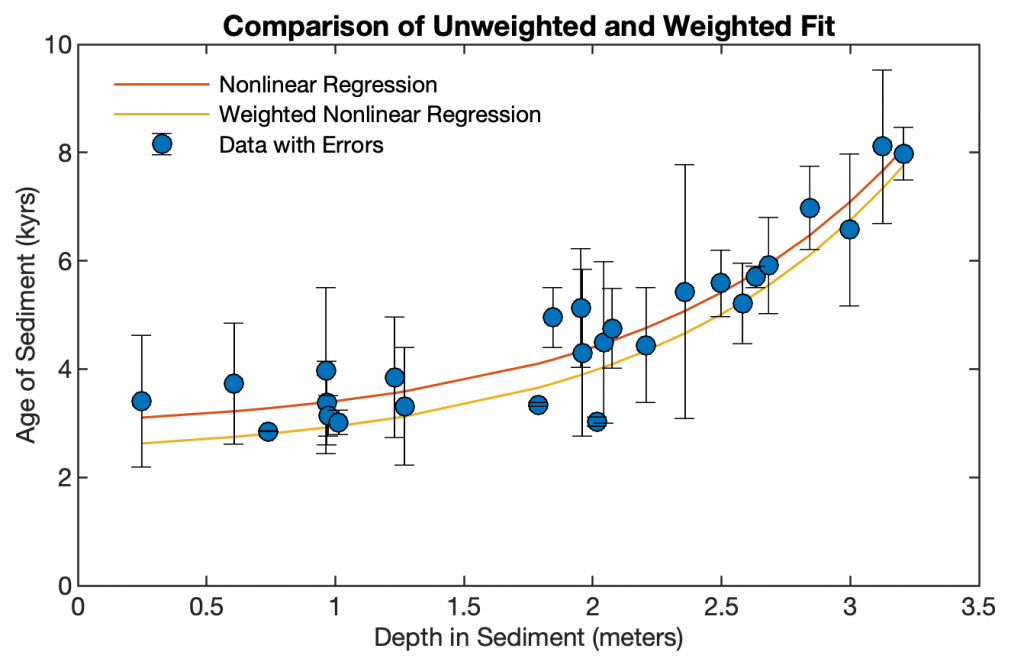Solution “MATLAB Mobile GPS Paperchase” – Update February 2020
MathWorks has changed the MATLAB Mobile Sensor Logs data type to timetable. The sample data set and the script for evaluating it changes accordingly.
Download the MATLAB script and example file.
